Session
Three Pathways to a Climate-Resilient Society
Long-term Decarbonisation Strategies: Pathway to a Smooth Transformation
The Paris Agreement’s long-term target of keeping global temperature rise well below 2 degrees C from pre-industrial levels necessitates a drawdown of carbon emissions and other greenhouse gases in the second half of this century. Such decarbonisation inevitably entails a rapid and dramatic shift from today’s energy-intensive economic growth model, which implies a reallocation of resources and investments between competing industrial sectors and political constituencies. Effective strategies will need to be developed to ensure the transformation of economies is successfully managed and achievable by mid-century.
This event provides an opportunity to learn from the experiences of other countries on decarbonisation with a view towards identifying principal drivers of national low-carbon strategies. Discussions will focus on how to address challenges ahead of undertaking concrete actions for their implementation. The session will also consider the potential implication of those success stories abroad for the adoption of a long-term, low-carbon strategy in Japan.
Two case studies will also be presented: the first, from Germany, will illustrate a local initiative to decarbonise the Ruhr industrial district, followed by an example from France describing implementation challenges associated with the country’s low-carbon strategy.
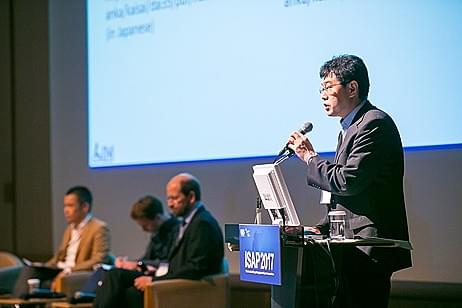
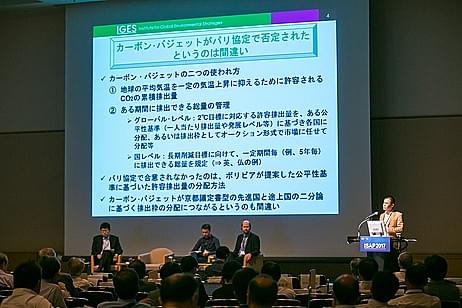
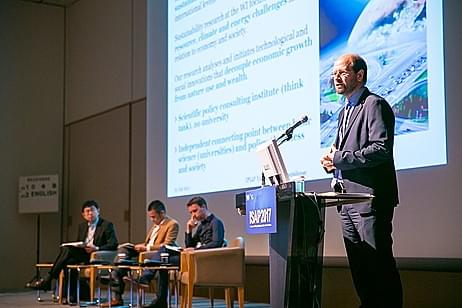
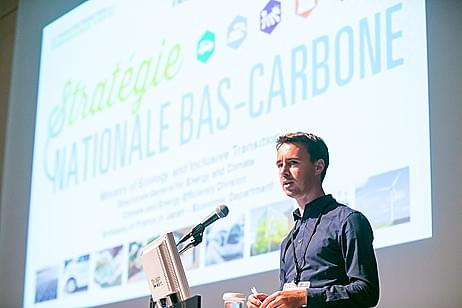
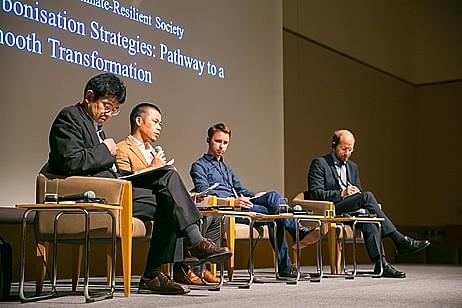
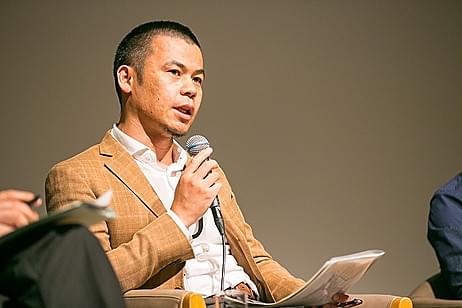
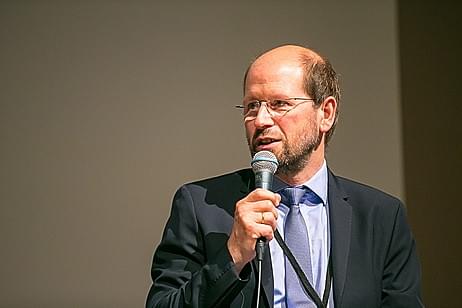
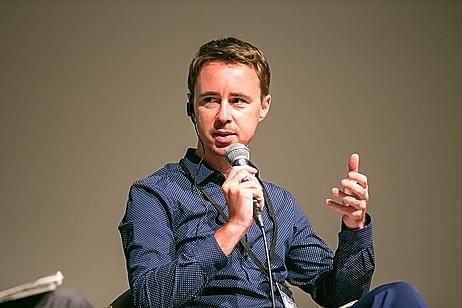
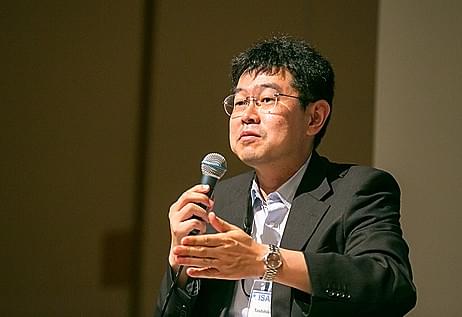

SSS
Kentaro Tamura
Research Leader, Climate and Energy, IGES
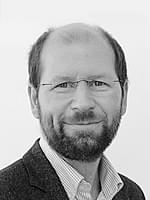
SSS
Stefan Lechtenböhmer
Director, Future Energy and Mobility Structures, Wuppertal Institute for Climate, Environment and Energy

SSS
Stéfan Le Dû
Sustainable Development Councilor, Regional Economic Department, Embassy of France in Japan
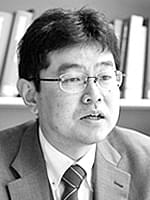
Moderator
Toshihiko Masui
Head, Center for Social and Environmental Systems Research(Integrated Environment and Economy Section), National Institute for Environmental Studies (NIES)

Moderator
Toshihiko Masui
Head, Center for Social and Environmental Systems Research(Integrated Environment and Economy Section), National Institute for Environmental Studies (NIES)
Toshihiko Masui is Head of Center for Social and Environmental Systems, National Institute for Environmental Studies (NIES), and he is also Visiting Professor of School of Engineering, Tokyo Institute of Technology. He got his PhD from Osaka University in 1997. He is in charge of development of Asia-Pacific Integrated Model (AIM) in order to assess climate mitigation policies and its application for sustainable society including low carbon issues. He is also the member of few committees of the Central Environment Council.

SSS
Stéfan Le Dû
Sustainable Development Councilor, Regional Economic Department, Embassy of France in Japan

SSS
Stefan Lechtenböhmer
Director, Future Energy and Mobility Structures, Wuppertal Institute for Climate, Environment and Energy
Stefan Lechtenböhmer is responsible for applied research in regional, national and international energy and climate scenario analysis and scenarios for a Sustainable Low Carbon Society at the Wuppertal Institute for Climate, Environment, Energy. He has lead and conducted numerous studies on energy and emission scenario analysis. He currently works on topics around sustainable future energy systems with a focus on deep decarbonisation strategies in energy intensive processing industries.
He acquired his Phd. in energy and environmental management at the International Institute for Management University of Flensburg. He holds a university degree (diploma) in geography, economy and political sciences from the University of Münster. Stefan Lechtenböhmer is adjunct professor for "Sustainable Future Energy Systems" at Lund University, Sweden.
He is member of the Steering Group of the G8 Low Carbon Society Research Network and the UNFCCC Roster of Experts for GHG-Inventories, Policies & Measures, GHG-Projections.
